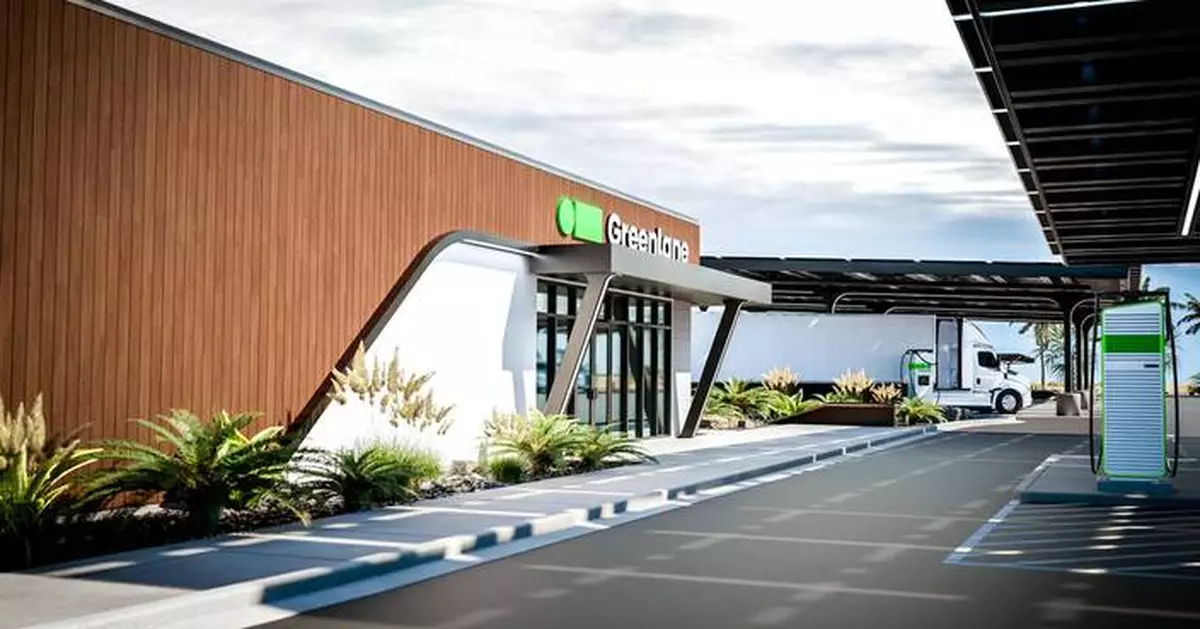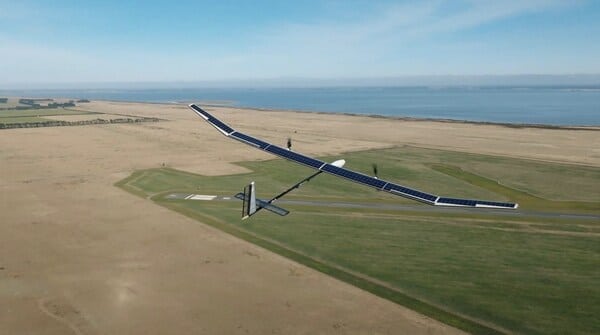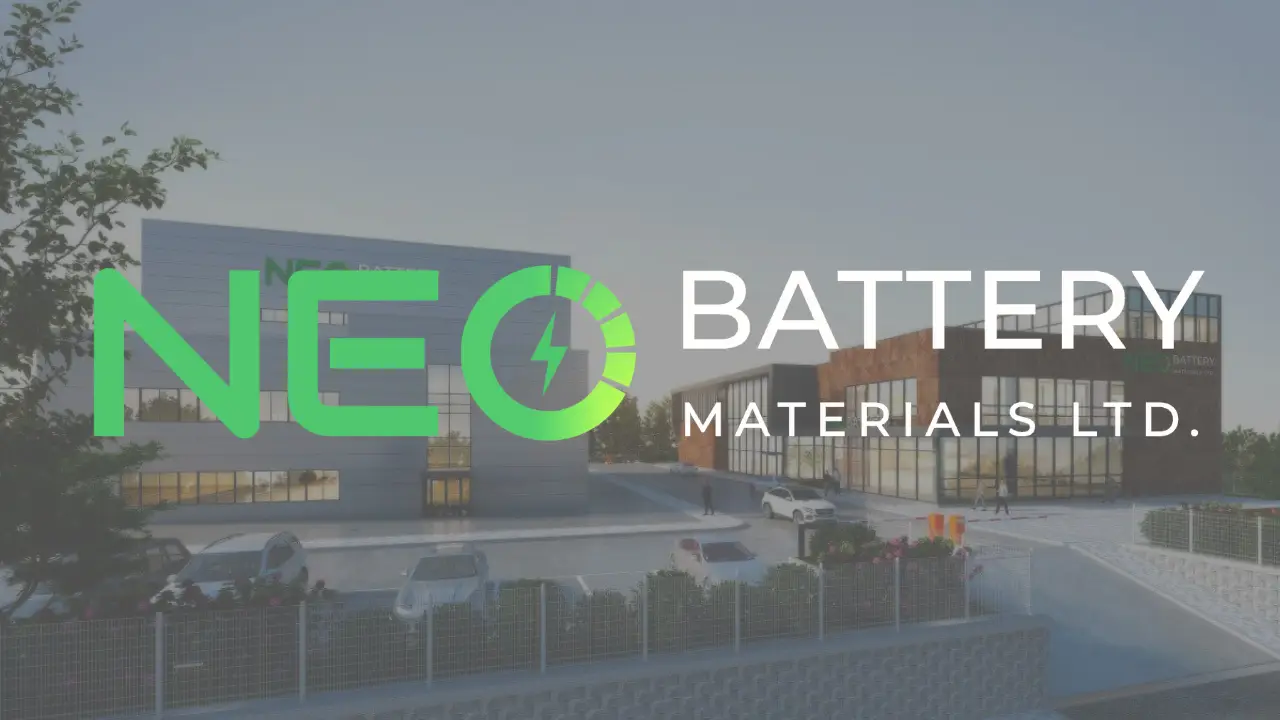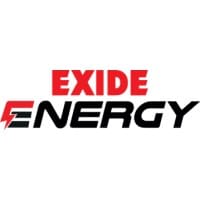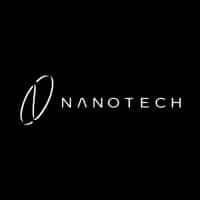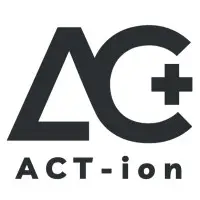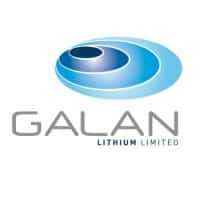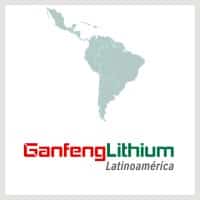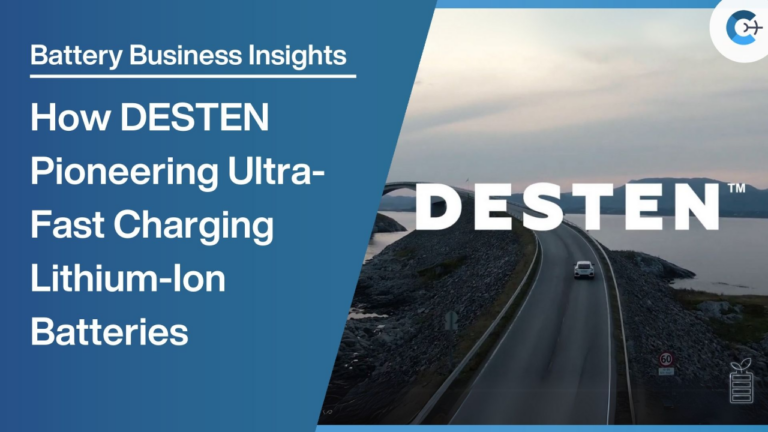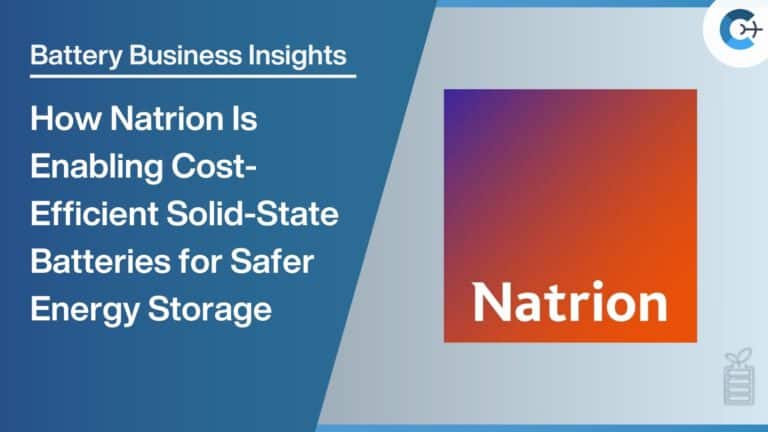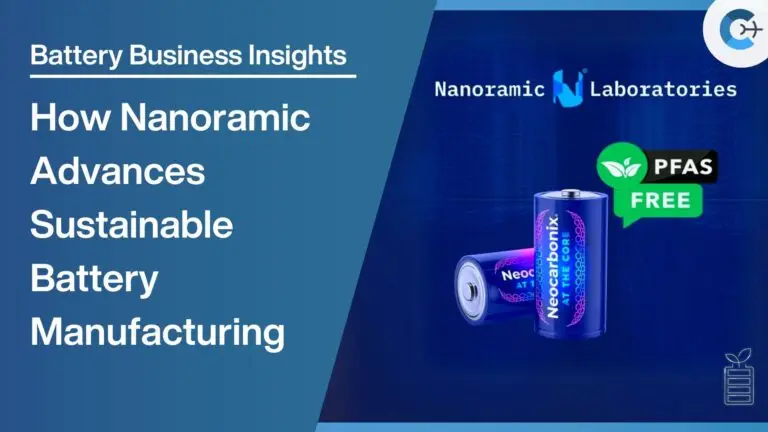Lyten, a leading supermaterial applications company specializing in lithium-sulfur batteries, has announced the acquisition of Cuberg’s lithium-metal battery manufacturing facility and equipment in San Leandro, California. This strategic move aims to expedite Lyten’s production capabilities, enabling up to 200 MWh of lithium-sulfur batteries annually in the Bay Area at total capacity.
As part of the agreement, Lyten will assume the lease of Cuberg’s 119,000-square-foot facility, which encompasses manufacturing, office, and warehouse spaces. The company plans to convert the facility to focus on lithium-sulfur battery production, complementing its existing operations in San Jose. Lyten intends to invest up to $20 million in 2025 to expand both the San Leandro and San Jose facilities, with commercial production slated to begin in the second half of 2025.
Dan Cook, Lyten’s CEO and co-founder, commented: “The acquisition of additional manufacturing capacity for lithium-sulfur is in direct response to fulfilling customer demand more quickly. Our customer pipeline has grown nine-fold since the start of 2024 and now numbers in the hundreds of potential customers. We are now working to allocate capacity from both San Leandro and our previously announced Reno gigafactory.”
Chief Battery Technology Officer Celina Mikolajczak added: “We are thrilled for the opportunity to continue the buildout and expansion of the San Leandro facility to accelerate delivery of lithium-sulfur batteries to customers. The facility further demonstrates our strategy for building US leadership in the manufacturing of next generation batteries and will enable Lyten to scale our domestic materials supply chain more quickly.”
This expansion follows Lyten’s October announcement of plans to construct a 10 GWh lithium-sulfur gigafactory in Nevada, with the first phase expected to be operational by 2027.
Lyten aims to supply lithium-sulfur batteries to sectors including defense, drones, micromobility, and other energy storage applications from the San Leandro facility. The batteries will be produced using materials sourced entirely from the U.S., ensuring compliance with the National Defense Authorization Act (NDAA) and the Inflation Reduction Act.
Dan Cook emphasized the strategic importance of this move: “The speed of Lyten’s manufacturing expansion represents a timely move to assist the U.S. Department of Defense and the military services in complying with the 2024 National Defense Authorization Act (NDAA), which mandates the acquisition of domestic batteries.”
Mikolajczak, added, “Lithium-Sulfur is a highly manufacturable battery that can be produced on standard lithium-ion equipment used throughout the world today. We intend to use this advantage to continue to opportunistically expand Lithium-Sulfur production though the acquisition of lithium-ion assets.”
Lyten’s lithium-sulfur battery cells offer high energy density, enabling devices to be up to 40% lighter than those using traditional lithium-ion batteries and 60% lighter than those using lithium iron phosphate (LFP) batteries. By utilizing abundantly available local materials and eliminating reliance on mined minerals like nickel, cobalt, manganese, and graphite, Lyten’s batteries are positioned to be both cost-effective and high-performing at scale.
The company’s strategic investors include industry leaders such as Stellantis, FedEx, Honeywell, and the Walbridge Group. Earlier this year, Lyten partnered with AEVEX Aerospace to demonstrate lithium-sulfur-powered unmanned aerial vehicles (UAVs) compliant with the 2024 NDAA. Additionally, Lyten’s battery cells have been selected for testing aboard the International Space Station in 2025, funded by the Department of Defense’s Defense Innovation Unit (DIU).
Source: Batteries News


